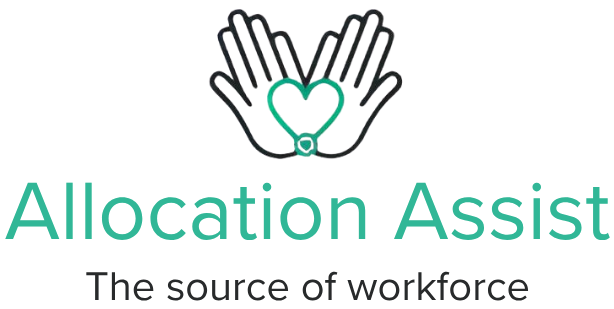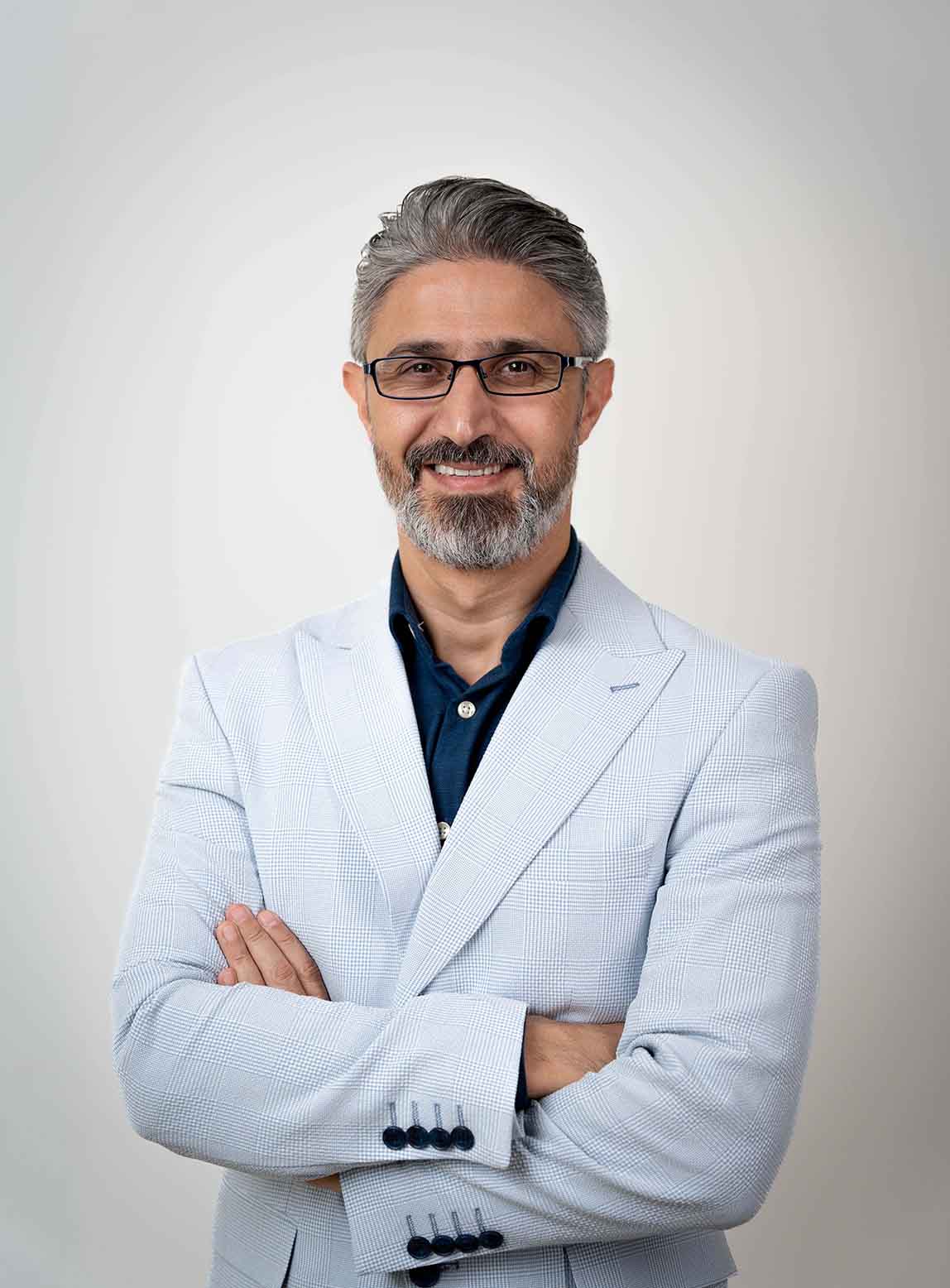Welcome to an exclusive interview with Dr. Hecham Harb, Consultant Endocrinologist and Medical Director of Endocare Dubai. Gain insights into his expertise in endocrinology and his role in leading medical care at Endocare Dubai
Head of Division of Sub-speciality Medicine at Emirates Hospital Jumeirah and Medical Director of Obesity Management Specialist at Endocare, Dubai.
Dr. Hecham Harb is an Endocrinology consultant with a special interest in obesity management. Dr Hecham has over 20 years’ experience in Endocrinology and Internal Medicine, gained while working in the Middle East, UK and Australia. He is a fellow of the Royal Australasian College of Physicians (RACP) and a member of the Royal College of Physicians (MRCP) in the UK.
Dr Hecham relocated to work in Emirates Hospital Group Dubai in April 2022 and is now also the Medical Director for Endocare, a new hybrid health company specializing in weight loss, diabetes, and a range of other endocrinology services.
Dr Hecham, thank you so much for taking the time to tell us about your story. Can you start with a bit about your background and training?
I am originally from Syria but have lived and worked in many countries since completing my undergraduate medical training. After working in Saudi Arabia, I went to the UK, where I passed the MRCP examination and worked for one year before relocating back to the Middle East due to family circumstances. I then worked as a consultant in Endocrinology and Internal Medicine in Bahrain and Kuwait. In 2016, I moved to Australia, where I worked as a Consultant Endocrinologist at Albury Wodonga Health and MedAlliance Physicians
Group. University of New South Wales. I completed an honorary fellowship in Endocrinology and Obesity Management in Melbourne, Australia. I also taught at the University of New South Wales (UNSW) as an adjunct senior medical lecturer.
While moving to different countries comes with challenges, I feel that my experience has been beneficial in many ways. I have been able to learn from experts in my specialty and get to know different cultures and health systems. Teaching is one of my passions, and I enjoyed my time at the medical school in Melbourne. I used to tell the undergraduates, “At the end of this lecture, you will be a junior diabetologist.” Some of the students, when they graduated, came back to tell me that I had inspired them to learn more and was a role model for them. I also learned a lot from the students too.
What led you to relocate to Dubai?
My family and I enjoyed our time in Australia, but it was also hard being so far away from extended family. We missed the Middle Eastern culture, and there was no Arabic-speaking community where we lived. Our children could understand Arabic but were not speaking it. If we spoke to them in Arabic, they would reply in English.
After consideration, we decided that Dubai was the ideal place, as it has a great mix of both Arabic and international cultures. We wanted our children to be exposed to different cultures and grow up to be international citizens. I still keep in touch with colleagues in Australia and other places where I have worked.
Can you tell us about your experience of working in Dubai?
Of course. It always takes some adjustment when you relocate to a new country, but having worked in other GCC (Gulf Cooperation Council) countries with similar health systems before was an advantage. The healthcare sector in Dubai is competitive as there are many private hospitals and clinics, so patients have a lot of choice. You need to attract patients and make them aware of your expertise. Also, in this region, patients have come to expect a closer relationship with their doctor. There is often an expectation that their specific doctor will be contactable out of office hours, which may not always be the case in other countries.
While this may mean dealing with calls after hours, it also has benefits. Patients may even come to view you as a part of their family once you establish a good rapport with them. I have been a Consultant Endocrinologist at Emirates Hospital Group since April 2022. It took some time at the beginning to build up a patient base and establish my professional reputation, but after this, I have been very busy.
Most hospitals have marketing departments, but I have found that word of mouth and personal recommendations are the most effective way to recruit patients. I also started using social media to inform and educate about topics such as weight loss or diabetes. As an Arabic speaker, I am able to make videos in both Arabic and English, which is beneficial in this region. Working in the private sector, especially, it is important to find your niche, or what makes you unique.
How did you become interested in obesity and weight loss management?
I saw a need for a more holistic and scientific approach to the management of patients with obesity and co-morbidities such as type 2 diabetes. I believe we are at the crossroads of a revolution in obesity management, with breakthroughs in research, new medications, and treatment approaches. However, there are still many challenges to be overcome. Obesity is a chronic disease with a complex etiology. There are no quick fixes or one solution that suits everyone.
Unfortunately, there can be a social stigma associated with obesity. As doctors, we should not blame or judge individuals for being overweight or obese. Patients who are obese are often already frustrated, as they have tried different treatments and strategies, such as dieting or even bariatric surgery, without long-term success. It is not simply a matter of willpower.
Patients deserve us to treat them respectfully, to support them, and work with them. I have recognized a need for improved training in obesity management, which can be challenging for busy physicians. I try to support colleagues, and last month, I gave a talk about obesity at the 10th International Family Medicine Conference in Dubai.
A holistic, evidence-based approach involves assessing not only physical parameters but also psychological, social, emotional, lifestyle, and environmental factors. I had a great mentor at the University of Melbourne, Professor Joseph Proietto, who has done a lot of research onthe genetic and biochemical causes of obesity and type 2 diabetes.
Professor Proietto has also pioneered Obesity Clinics in Australia. I learned so much from his example, not only about obesity management but also how to communicate with patients, building trust and rapport.
How did you come to be the Medical Director at Endocare?
As an Endocrinology Consultant working in Emirates Hospital Jumeirah, I already had a focus on obesity management. When the opportunity to join Endocare as Medical Director arose, I felt that this was the ideal setting to further develop the holistic approach that I have been talking about. However, I still wanted to continue as a hospital consultant, managing a full range of endocrinology diseases. At first, it was not clear how I could take this forward, but the management at Emirates Hospital Group have been very supportive. They allowed
me to work part-time at Emirates Hospital. I still see almost the same number of patients, as my clinics are always full. We also came to an agreement that patients who come to Endocare are sent to the hospital for imaging and lab tests or other specialist consultations when required.
Endocare opened in Dubai Healthcare City (DHCC) in September 2023. The vision of Endocare is to improve obesity management through a holistic, individualised, scientific approach. While we focus on the treatment of obesity, we also offer a full range of endocrinology services.
Endocare is a hybrid clinic, which means that we consult with and support patients virtually as well as in-clinic. This gives greater flexibility for those who are busy, are unable to travel to the clinic, or prefer the convenience of video consultations and home delivery for medications.
How does Harb Endocare’s Weight Loss Program work?
Myself and the team at Endocare, including nurses, dieticians, and health and lifestyle coaches, all work together to empower patients to reach their goals. I recognise that each individual is unique, and therefore our programme starts with getting to know our patients and carrying out metabolic, dietary, and psychological assessments. We also consider many factors, such as lifestyle, physical activity, sleep patterns, and stress. and create a personalised plan for each patient.
We do prescribe the latest GLP-1 weight loss medications, such as Mounjaro, Saxenda, Wegovy, and others, but this is done as part of the overall weight loss programme. There are no quick fixes. We recognise that it takes time to learn new skills and change habits. Therefore, we offer ongoing support to help patients make incremental changes in order to achieve lasting results.
Do you have any time for hobbies with your busy schedule?
My work, between the hospital and Endocare, is very busy. But I do try to find time for my music. I have played the violin and oud (a Middle Eastern stringed instrument similar to the flute) since I was a young teenager.
Music helps me to relax after a busy or stressful day, and I feel it has also benefited my communication and empathy skills. When I was in Australia, I hosted an Oriental music concert, including serving our homemade traditional food. This was a great event that brought people from different cultures closer together.
What is your vision for the future?
My vision is for the impact of obesity in the region to be reduced by improved care as well as prevention. Endocare was established fairly recently but is already growing. We have plans to expand into Saudi Arabia in the future. There is a need for more education and awareness, both among the medical profession and in wider society.
Partnerships are needed with different stakeholders, such as schools, communities, and restaurants. I believe that, by working together, we can reduce the prevalence of obesity in the Middle East region.
Read More:
- Consultant Endocrinology (Adult) – Dubai
- Consultant Pediatric Endocrinologist – Job Vacancy in Dubai
- Interview with Dr. Lina Yousif, UK CCT Family Medicine Consultant and Medical Director of Nad Al Sheba Satellite Clinic of American Hospital
- Interview with Dr. Michael McLaughlin, Consultant Intensivist & Anaesthesiologist, Director of ICU at American Hospital, Dubai.
- Interview with Dr Ubaid Shah, Consultant Pediatric Neurologist & Epileptologist at American Hospital Dubai


